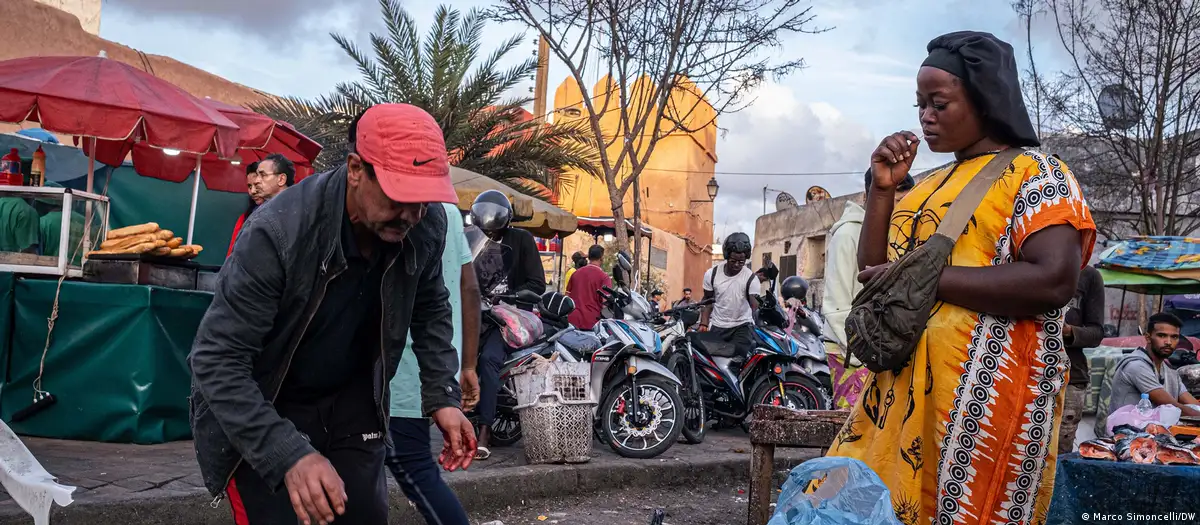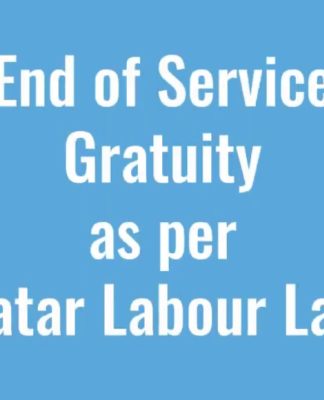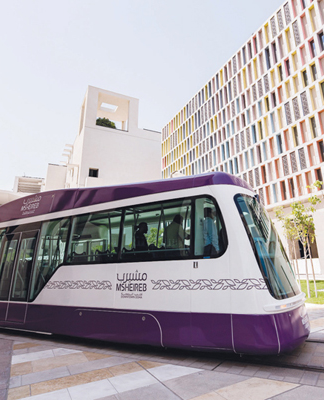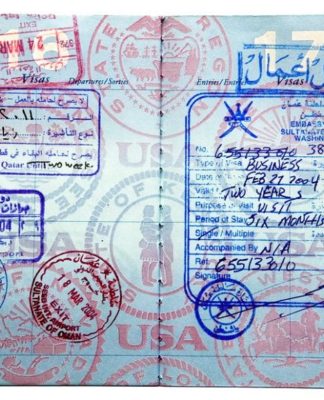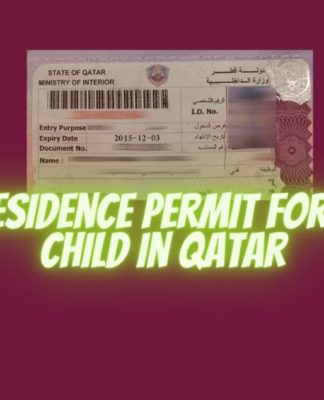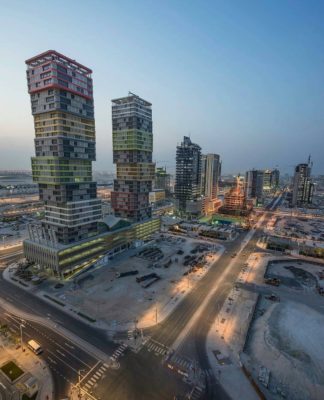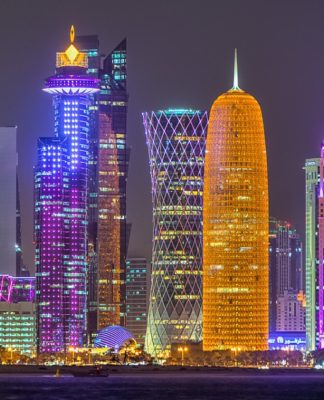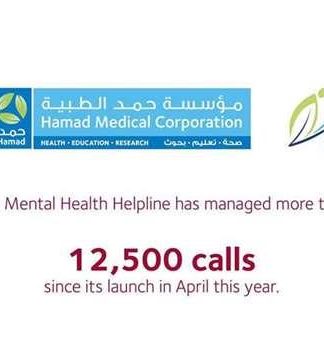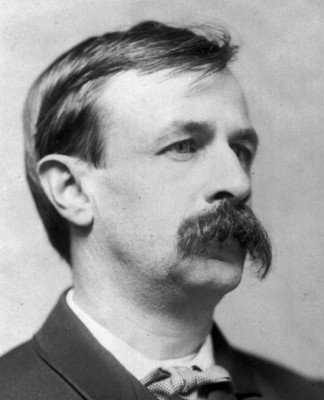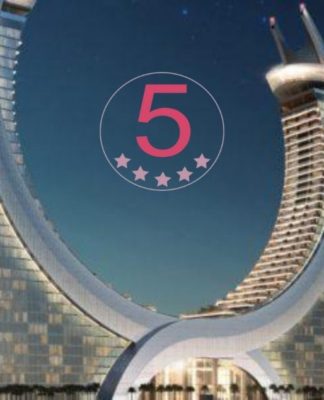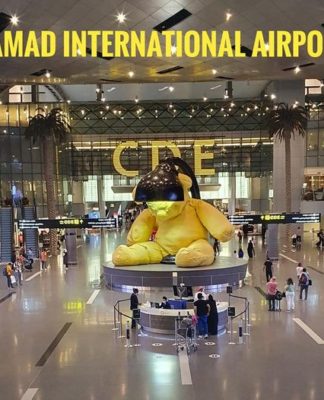MIGRATIONMOROCCO
Morocco: A magnet for migrant women?
Marco Simoncelli | Marco Valenza | Davide Lemmi | Oumar Sall
24 hours ago24 hours ago
Morocco has slowly transformed from a transit country to a destination country for sub-Saharan African migrants — almost half of whom are women.
https://p.dw.com/p/4Ws2n
A Senegalese woman buys fish from a vendor in Casablanca’s Medina market
Morocco has seen an increase in women migrants from sub-Saharan countries like SenegalImage: Marco Simoncelli/DW
From her apartment in Hay Charaf, a residential neighborhood in the northern suburbs of Marrakech in Morocco, Oumou Sall cares for her newborn baby. The 27-year-old Senegalese woman moved to Morocco in 2017 to complete her master’s degree in business management. She is now on maternity leave, but in a week’s time she will return to work in a call center — one among many in the city.
Pulitzer Center LogoPulitzer Center Logo
This reporting project was supported by the Pulitzer CenterImage: Pulitzer Center
Oumou’s story is similar to many other women from sub-Saharan Africa who are migrating to the North African country in increasing numbers. According to the last official figures released by the United Nations in 2020, 48.5% of Morocco’s regular migrant population are women.
Fitting in wasn’t difficult, she told DW: “I quickly found other sub-Saharan [migrants] in the company and relations with the bosses were good.”
Morocco’s changing job landscape means it is no longer just a stopover on the long migration route to Europe, but a possible destination for many women seeking higher-paying jobs to support themselves and their families.
Call center boom offers employment
Morocco’s call center industry has undergone a boom over the past 15 years, making it easier for many French-speaking migrants to find work. Oumou, who is originally from Dakar, said getting hired in call centers is simple enough even without a degree — a good knowledge of French is usually sufficient.
Her fixed pay is 2,500 dirhams (€322, $340) a month, alongside various performance-based bonuses — enough to send remittances back to her family in Senegal.
“We actually work for rewards,” Oumou explains. “So if we get them and get good results, then we can send money back to our families and save money.”
Senegalese migrant Khady Wade Balde takes care of a client inside her beauty salonSenegalese migrant Khady Wade Balde takes care of a client inside her beauty salon
Senegalese migrant Khady Wade Balde takes care of a client inside her beauty salon on the outskirts of AgadirImage: Marco Simoncelli/DW
Switching up the migrant narrative
About 250 kilometers (155 miles) south of Marrakech, in the Cite Essalam area of Agadir, Senegalese entrepreneur Khady Wade Balde elegantly welcomes her clients — mostly Moroccan women — in one of her beauty salons, “Khady Hair”.
While watching over her team of about a dozen employees, she recounts her solo journey to Morocco in 2008. The then-23-year-old came with a plan to improve her hairdressing skills. She secured an apprenticeship under the guidance of a Moroccan mentor and, after years of work and personal sacrifice, she eventually opened her first salon.
“At the time, sub-Saharan African women were just taking babysitting (jobs),” she told DW. “There were no hairdressers like today. At first they thought I was a maid, but I wanted to be a hairdresser.”
Today, Khady is a sought-after hairdresser in her area. She said she’s satisfied with what she’s achieved here as a migrant, but is aware of the enormous difficulties faced by other sub-Saharan women in Morocoo.
“I don’t know (what goes on) in other people’s lives, but I know it is hard for some of them. It is not as easy for everyone as it was for me.”
12 images
12 images
Falling through the cracks
For every success story like Khady’s, there are many more women who are stuck in limbo. There are a reported 70,000 to 200,000 sub-Saharan migrants in Morocco — many of them undocumented. Women without documentation are particularly vulnerable to various forms of exploitation and marginalization, especially in the agricultural and domestic service sectors.
Faced with growing numbers of migrants, Rabat has also been forced to review its integration policies. Two regularization campaigns in 2014 and 2017 enabled some 50,000 migrants — many from sub-Saharan Africa — to obtain residence permits.
According to Aida Kheireddine, a Moroccan researcher and expert in gender and migration, these campaigns were initially beneficial for the migrant community.
“We saw for the first time in Morocco’s history a mass regularization operation of migrants and special attention was given to women,” she told DW.
“There were criteria, you had to have been in Morocco for more than five years, etc.…and priority was given to women and children. From 2018, we have seen this policy regress.”
A group of women wait for a train at the new Casa Port station in CasablancaA group of women wait for a train at the new Casa Port station in Casablanca
Morroco has attempted to make it easier for migrants to obtain residence permits, but some undocumented migrants are still falling through the cracksImage: Marco Simoncelli/DW
Despite the regularization efforts, Morocco’s legal framework is still governed by a law written back in 2003 which complicates the process of obtaining residence permits.
Researchers and NGOs also report a lack of gender sensitivity in migration regulations and legislation. According to Kheireddine, women with unstable jobs are especially at risk.
“(They are) at risk of different types of violence,” she explains. “First and foremost, sexual violence. Violence experienced by undocumented migrants is a daily occurrence.”
Domestic work still risky for women
In Casablanca, Adji (editor’s note: name changed) works as a cleaner and a nanny for a Moroccan couple. She arrived in Morocco in 2019 and is originally from the Casamance region in Senegal.
Her first priority is funding her children’s education back in Senegal. She found her first job in Morocco through an agency, but after four years it ended badly. She remains vague on the details.
“I never asked for a salary increase,” she told DW. “All I wanted was for them to help me with the regularization paperwork.”
Like many of her female colleagues, Adji has remained undocumented since her arrival. Working 10-12 hour shifts a day for 2,500 – 3,000 dirhams a month, she tries to put things into perspective.
“It’s still the best you can get. If I were in Senegal, I could never get this salary.”
After a decade of debate, a new domestic work law took effect in Morocco in 2018. At the time it was hailed as significant progress and included a requirement for a standard contract. But by 2021, only 5,000 female domestic workers have been registered under the new system out of an estimated workforce of over one million.
Adji said she occasionally faces discrimination on public transport or at work from other Moroccan colleagues. But she still hopes to one day take a pastry course here and eventually return to Senegal.
Ndeye Yacine Ndiaye and her husband look at their laptop together in their Casablanca apartment.Ndeye Yacine Ndiaye and her husband look at their laptop together in their Casablanca apartment.
Ndeye Yacine Ndiaye and her husband discuss the new posts on their media platform dedicated to the sub-Saharan African community in MoroccoImage: Marco Simoncelli/DW
“I think the difficulties these women face are mainly related to the fact that they are not informed when they arrive, about where to stay, what the steps are and so on,” said Ndeye Yacine Ndiaye, another Senegalese worker who has lived in the Bourgogne neighborhood of Casablanca for 15 years.
She arrived with a master’s degree and today works as a communications manager in a bank. Together with her husband, she decided to get involved in the sub-Saharan migrant community and help others like her. She founded the online platform “Attaches Plurielles,” which aims to show “the other side of the sub-Saharan diaspora in Morocco” by interviewing both migrants and migration experts about the issues affecting the community.
“We try to show the brave women who do excellent work, who don’t just let themselves be, but try to unlock their situation. Those who have the will to succeed.”
This reporting project was supported by the Pulitzer Center.
Edited by: Ineke Mules














